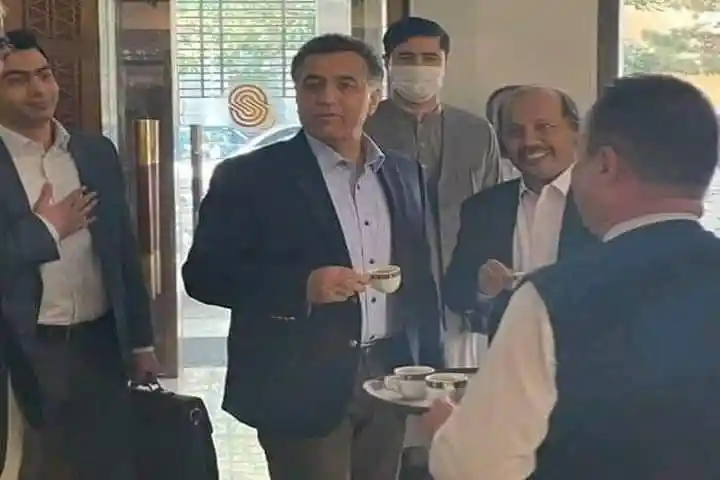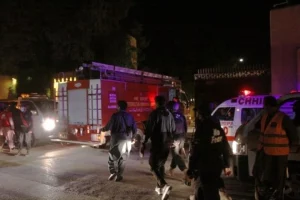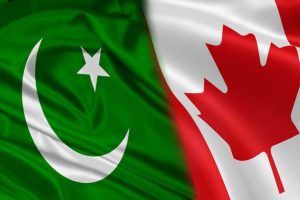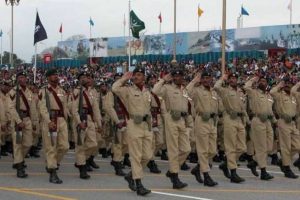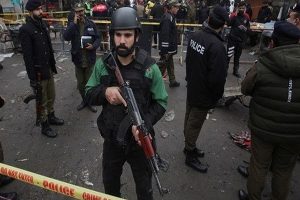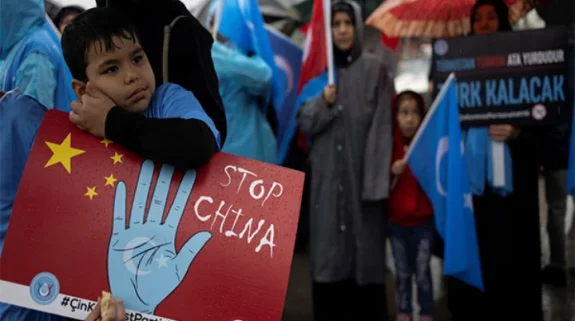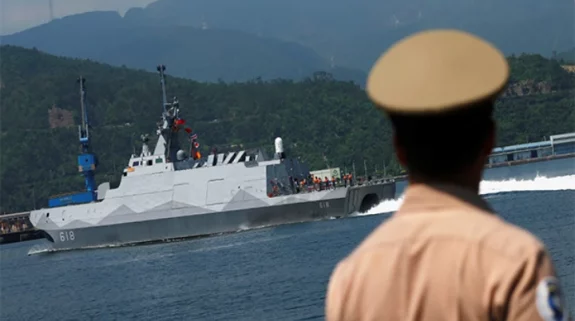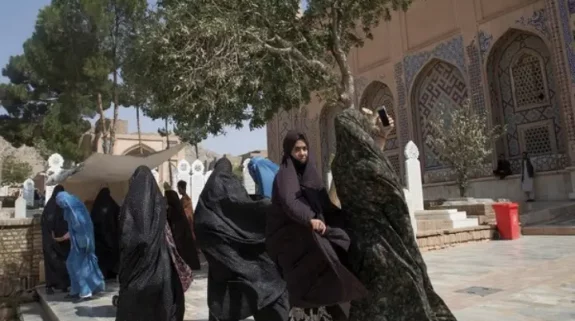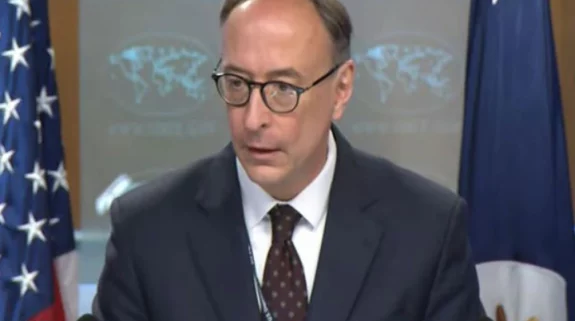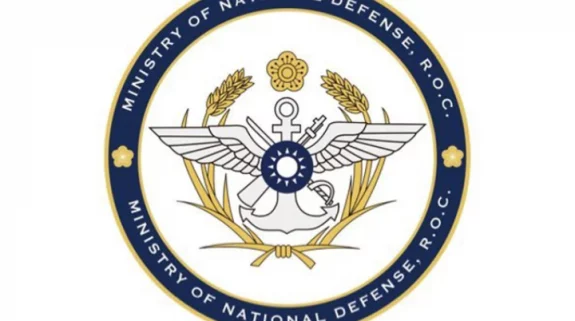Pakistani newspaper The Friday Times has said that former ISI chief Gen Faiz Hameed could be arrested soon. The newspaper made the claim on Saturday evening based on a tweet by Pakistani journalist Asad Ali Toor.
Among the many reasons for the general’s possible arrest include allegations of corruption, abuse of power, degrading the army, interference in politics, harming the army’s internal cohesion and maintaining backchannel contacts with the Afghanistan-based terror group Tehreek-e-Taliban Pakistan (TTP) which is on a warpath against Pakistan.
The newspaper says that Hameed is suspected to have ‘conspired‘ with Imran Khan and former Pakistani chief of army staff (COAS) Qamar Javed Bajwa to get himself promoted as army chief instead of incumbent General Syed Asim Munir. When his personal mission did not succeed, he decided to take premature retirement from the army in December 2022 instead of continuing till April 2023.
In groundbreaking revelations that could impact #Pakistan’s national security, and the discipline within its #military and intelligence apparatus, journalist @AsadAToor says that retired general #FaizHameed’s arrest could be imminent.
Read more: https://t.co/ovm9SJyCnu#ISI
— The Friday Times (@TFT_) March 4, 2023
Hameed has been under pressure from the Pakistan Muslim League (PML-N) government over various issues.
Recently, Pakistani Defence Minister Khawaja Muhammad Asif said that Hameed should be summoned before the Parliament. Accusing the former ISI chief of visiting Kabul in September 2021 to talk with the Taliban government immediately after it took over the war-torn country ousting a democratically elected government, the Defence Minister said that Hameed brought the TTP into Pakistan.
The minister has gone to the extent of saying that even Imran Khan should be summoned before the parliament.
In a similar vein, Pakistan’s Human Rights Minister Riaz Pirzada gave a statement to the media that Hameed wanted to bring the outlawed TTP back into the country. Pirzada said that Hameed wanted to bring the TTP fighters into Pakistan with a view to mainstreaming them but the idea backfired as the TTP began a cycle of violence.
One of the major accusations against the former ISI chief is that he personally profited financially through the dealings with the TTP.
The TTP, also called Pakistani Taliban, started a circle of deadly violence against Pakistani security forces. Some of the most terrifying attacks include an attack on the Counter-Terrorism Department (CTD) police station in the Bannu district of Khyber-Pakhtunkhwa in which the TTP held policemen hostage and killed at least six members of the security forces.
In another incident, a TTP suicide bomber had blown himself up at Peshawar police lines mosque during afternoon prayers killing 101, mostly policemen. The attack in a high-security area led to protests by security personnel as well as their families.
The TTP also stormed the police headquarters in Karachi, killing five people after a fierce gun battle.
The battles among Pakistan’s political elite and the powerful establishment are intensifying despite the country’s precarious situation – attacks from the TTP, a devastating nationalist conflict in Balochistan, increasing radicalisation of the society and an economy on the verge of collapse.






